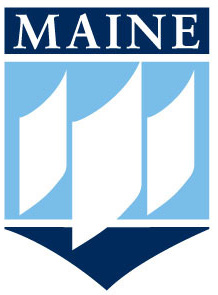
Through in-depth interviews with faculty search committee chairs, Hakkola and Dyer sought to understand how chairs interpret diversity and equity, how they implement equitable hiring practices, and how faculty hierarchy influences search processes.
“A disconnect arose between how individuals discussed their understanding of diversity and how it was perceived as an institutional value in the search process,” the author wrote.
Most participants felt that HR and EO departments were responsible for making sure searches were equitable and inclusive. However, a common theme in interviews was the lack of information and clarity from those departments when it came to the search chair’s role. Some chairs said they had no training on how to center diversity and equity, while others received very little.
“If a senior faculty search chair valued diversity as an asset, the search was conducted with equity and diversity in mind,” the author wrote. “Alternatively, if the senior faculty search chair did not see the value in centering diversity or equity in the search, the likelihood of bias influencing decisions increased.”
The full study, “Role Conflict: How Search Committee Chairs Negotiate Faculty Status, Diversity, and Equity in Faculty Searches,” was published in the Journal of Diversity in Higher Education. It may be accessed here.

